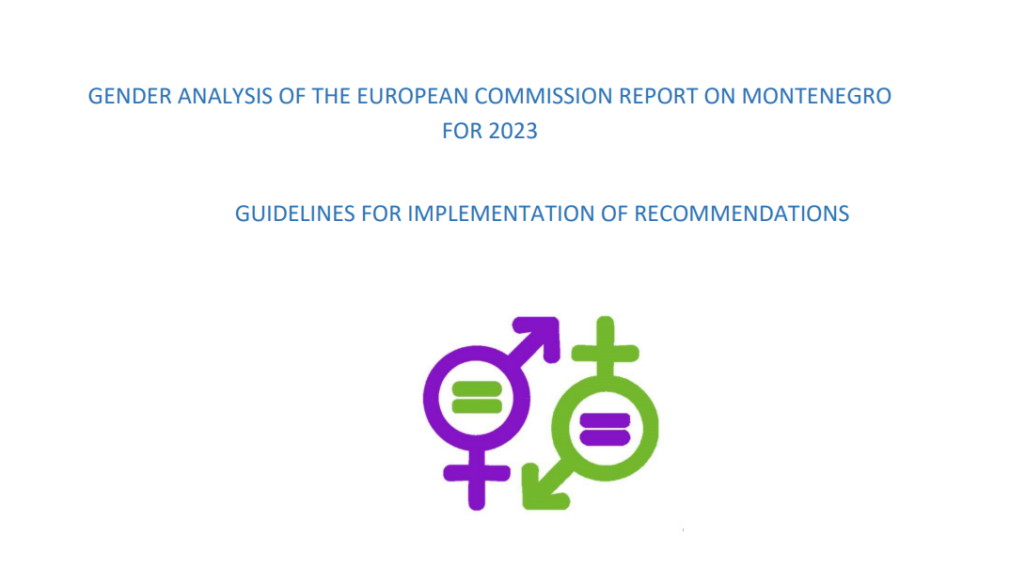1356Views 0Comments
Review of the Women’s Rights Center on the new Labor Bill
How the new Labor Bill protects against gender discrimination
At today’s session, the Government adopted the long-awaited Bill on Labor. We were interested in how the law protects against gender discrimination at work and here are the first conclusions:
- A key innovation compared to the previous law is the duration of a fixed-term employment contract, which has been extended to 36 months instead of the previous 24 months.
- In addition to the provisions prohibiting all forms of discrimination, including gender discrimination, the new law introduces a novelty in respect of the protection of pregnant women and women in childbirth, in accordance with the EU Directive on the introduction of measures to encourage improvements in the safety and health at work of pregnant workers birthing or breastfeeding (92/85 / EEC of 19 October 1992) and the EU Directive implementing a revised framework agreement on parental leave (2010/18 / EU of 8 March 2010). Thus, Article 123, paragraph 5 introduced the novelty that “an employee whose term of employment is terminated during pregnancy, the use of temporary restraint on the grounds of pregnancy maintenance, maternity or parental leave, the period for which the employment contract based on it extends the fixed term until the expiration of the entitlement to that leave. ”However, the period of 36 months for the duration of the fixed-term contract does not include the length of time for which the employee has been extended the employment contract for maintenance of pregnancy, which still leaves room for discrimination against the basis of motherhood.
- Article 121 provides that an employer may not refuse to enter into a contract of employment with a woman for pregnancy, nor may she offer her to modify a contract of employment under adverse conditions because of pregnancy, birth or breastfeeding. The employer cannot condition the establishment of an employment relationship, that is, the conclusion of a contract of employment with proof of pregnancy, unless it is a job where there is a significant risk to the health of the woman and the child determined by the competent health authority. Also, the employer cannot ask for any information about the pregnancy, nor can it instruct another person to request it, unless the employee personally requests a specific right provided by law or other regulation.
- The law allows women to be absent for 1 month during the month for prenatal examinations (Article 122)
- An employer cannot terminate a contract of employment for a pregnant employee and an employee while exercising the right to maternity and parental leave.
- The employer cannot terminate the employment contract with the parent, adoptive parent and foster parent because of the exercise of the right to parental, adoptive and foster parental leave; the right to work part-time for the care of a child with severe disabilities; a single parent who has a child up to seven years of age or a child with developmental disabilities, if he or she fulfills obligations in accordance with the law, collective agreement and employment contract.
- During absence from work due to child care, temporary disability to work on the basis of pregnancy maintenance, use of maternity, parental, adoption, foster care leave, the employer cannot declare the employee the person whose work has ceased to be needed.
- The new law also provides for the possibility of a contract of employment outside the premises of the employer: teleworking, work from home and domestic work, as a special type of employment contract, and the novelty is that annual leave cannot be replaced by financial compensation.
- We believe that the Bill should be further aligned with the new EU Directive on work-life balance, which aims to provide more flexible working hours as well as paid parental leave for fathers and other carers (4 months ‘reserved’ for fathers, at least of which one must be non-transferable to the mother) in order to establish a more equal division of family responsibilities, fathers get more childcare opportunities, and women get more opportunities for paid work.


